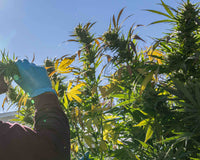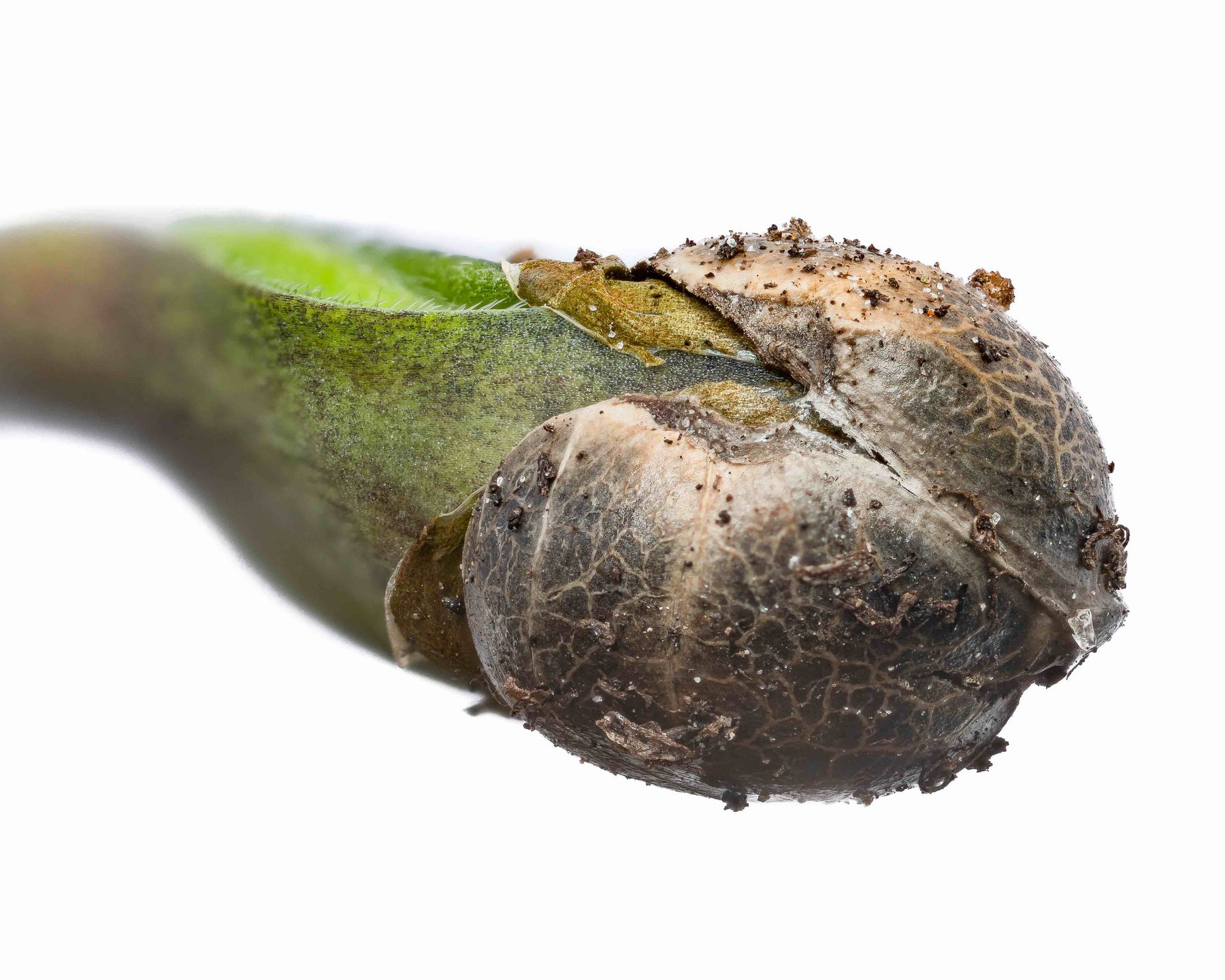
Triploid Cannabis Seeds: Trilogene's Groundbreaking Innovation
Introduction to Triploid Cannabis
Triploid cannabis seeds represent a significant development in cannabis genetics. At Trilogene Seeds, we're pioneering this innovation, focusing on producing seeds that lead to high cannabinoid content without the complications of diploid cannabis plants.
Scientific Basis of Triploid Cannabis
Typically, cannabis is diploid, having two sets of chromosomes. Triploid cannabis, with an additional chromosome set, is a concept that has been successfully applied to other agricultural domains, such as seedless watermelons. This genetic configuration makes the plant sterile, preventing it from producing seeds and ensuring that resources are dedicated to cannabinoid production. According to a study in the Journal of Experimental Botany, triploid organisms often show superior qualities compared to their diploid counterparts in terms of growth and secondary metabolite production, which is highly relevant for cannabis cultivation.
Addressing Hermaphroditism in Cannabis
One of the major challenges in cannabis cultivation is the risk of female plants turning hermaphrodite, commonly known as 'going hermie.' This occurs under stress or when exposed to male pollen. Triploid cannabis plants are effectively sterile, eliminating the risk of hermaphroditism and ensuring consistent cannabinoid levels.
Advantages of Triploid Genetics in Cannabis
-
Stable and Uniform Growth: The homogeneity in triploid plants leads to consistent growth rates and phenotypic expressions, crucial for large-scale cultivation.
-
Reduced Cultivation Risk: The sterility of triploid genetics negates the risk of pollination from male plants, ensuring seedless and high-quality harvests.
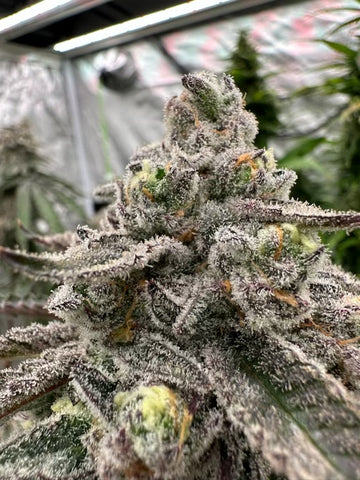
Historical Context and Evolution of Cannabis Genetics
The progression from the Sinsemilla technique in the 1970s to feminized seeds in the 1990s marked significant milestones in cannabis breeding. Triploid genetics are the latest advancement, addressing the limitations of previous methods, particularly regarding plant sterility and consistent cannabinoid production.
Implications for Commercial Cultivation
For commercial growers, triploid cannabis means simplified cultivation processes, enhanced product reliability, and potential for increased profitability. This shift towards triploid genetics could mirror the industrialization seen in other agricultural sectors, as noted in publications like Botany and Biotechnology.
Future Directions in Cannabis Cultivation
The ongoing development of new strains utilizing triploid technology aims to combine the benefits of sterility and uniformity with elite cannabis characteristics. This direction could significantly broaden the spectrum of cannabis cultivation options.
Conclusion
The introduction of triploid cannabis seeds is a crucial development for the cannabis industry. These seeds offer a practical solution to some of the long-standing challenges in cannabis cultivation, particularly in maintaining high cannabinoid content and high trichome density. This technology is more than an incremental improvement – it represents a new paradigm in how cannabis can be cultivated effectively and reliably.
---
Sources:
Crawford, Seth, et al. "Characteristics of the diploid, triploid, and tetraploid versions of a cannabigerol-dominant F1 hybrid industrial hemp cultivar, Cannabis sativa ‘Stem Cell CBG’." Genes 12.6 (2021): 923.
Philbrook, Richard, et al. "Naturally Occurring Triploidy in Cannabis." Plants 12.23 (2023): 3927.
Mansouri, Hakimeh, and Mahsa Bagheri. "Induction of polyploidy and its effect on Cannabis sativa L." In: Chandra S., Lata H., El Sohly M.A. (eds) Cannabis sativa L. - Botany and Biotechnology. Springer, Cham (2017): 365-383.
Kurtz, Lauren E., Mark H. Brand, and Jessica D. Lubell-Brand. "Gene Dosage at the Autoflowering Locus Effects Flowering Timing and Plant Height in Triploid Cannabis." Journal of the American Society for Horticultural Science 148.2 (2023): 83-88.
Featured collection
-
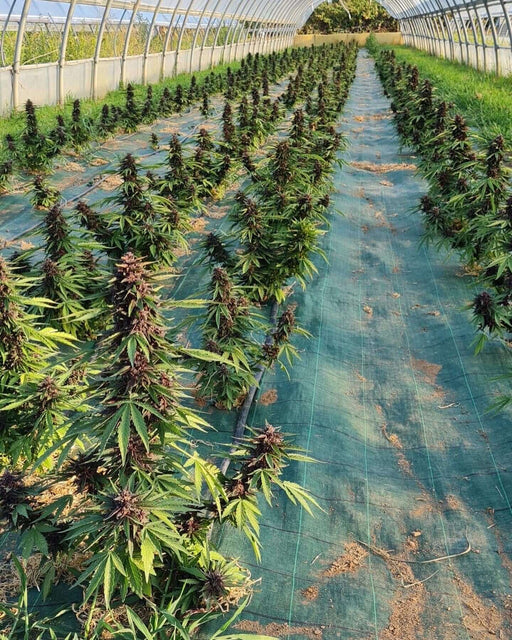
Auto Glu CBD Seeds
Original price $20.00 - Original price $625.00Original price$20.00 - $625.00$20.00 - $625.00Total Price: $20.00Parent Strains: Auto Alpha x Purple Thai Cannabinoid Profile: CBD Dominant Potential THC:CBD Ratio: 30:1 *Pre-Harvest CBD: 9.35%, THC: 0.24% *Post-...
View full details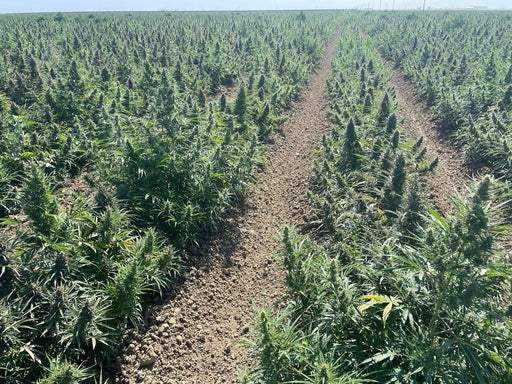
Auto Magik CBD Seeds
Original price $20.00 - Original price $625.00Original price$20.00 - $625.00$20.00 - $625.00Total Price: $20.00Parent Strains: Auto Magik x Auto Magik Cannabinoid Profile: CBD Dominant Auto Flower Potential CBD:THC Ratio: 20-25:1 CBD Content: 6%-10% Aroma: S...
View full details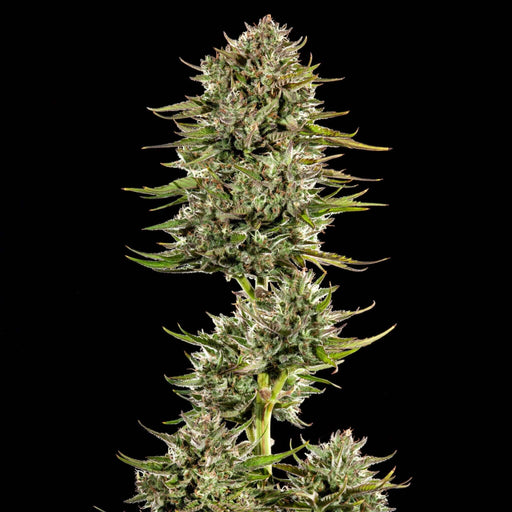
Auto Face Gas Feminized Cannabis Seeds
Original price $42.50 - Original price $1,250.00Original price$42.50 - $1,250.00$42.50 - $1,250.00Total Price: $42.50Parent Strains: Gorilla Glue x OG Cannabinoid Profile: THC Indica-Dominant Hybrid Potential CBD: THC Ratio: 25:1 *Post-Harvest CBD: 0%, CBG...
View full details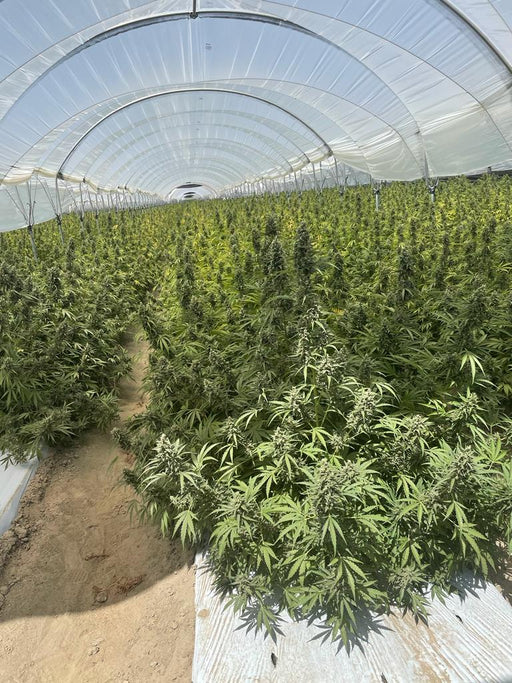
Auto EZ Bake Feminized Cannabis Seeds
Original price $42.50 - Original price $1,250.00Original price$42.50 - $1,250.00$42.50 - $1,250.00Total Price: $42.50Parent Strains:¬†Sour Auto X Cookie Dog Cannabinoid Profile:¬†THC Indica-Dominant Hybrid Potential CBD: *Post-Harvest¬†CBD:¬†0%,¬†CBD:¬†1%,¬†THC:¬...
View full details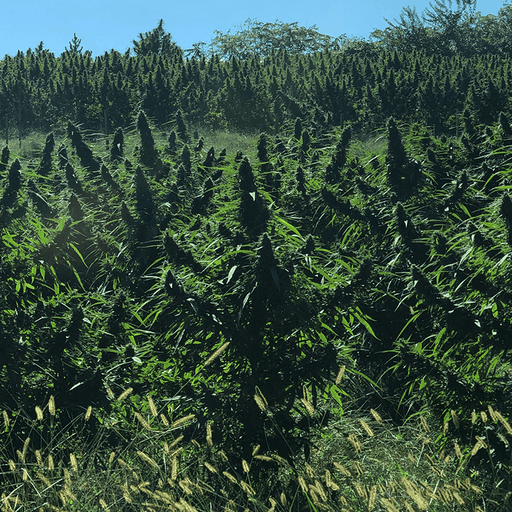
Auto Alpha CBD Seeds
Original price $20.00 - Original price $625.00Original price$20.00 - $625.00$20.00 - $625.00Total Price: $20.00Parent Strains: Auto Alpha x Auto Alpha Cannabinoid Profile: CBD Dominant Auto Flower Potential CBD:THC Ratio: 20-25:1 CBD Content: 6%-10% Aroma: C...
View full detailsSTAY UP TO DATE
Submit your email to get updates on products and special promotions.

